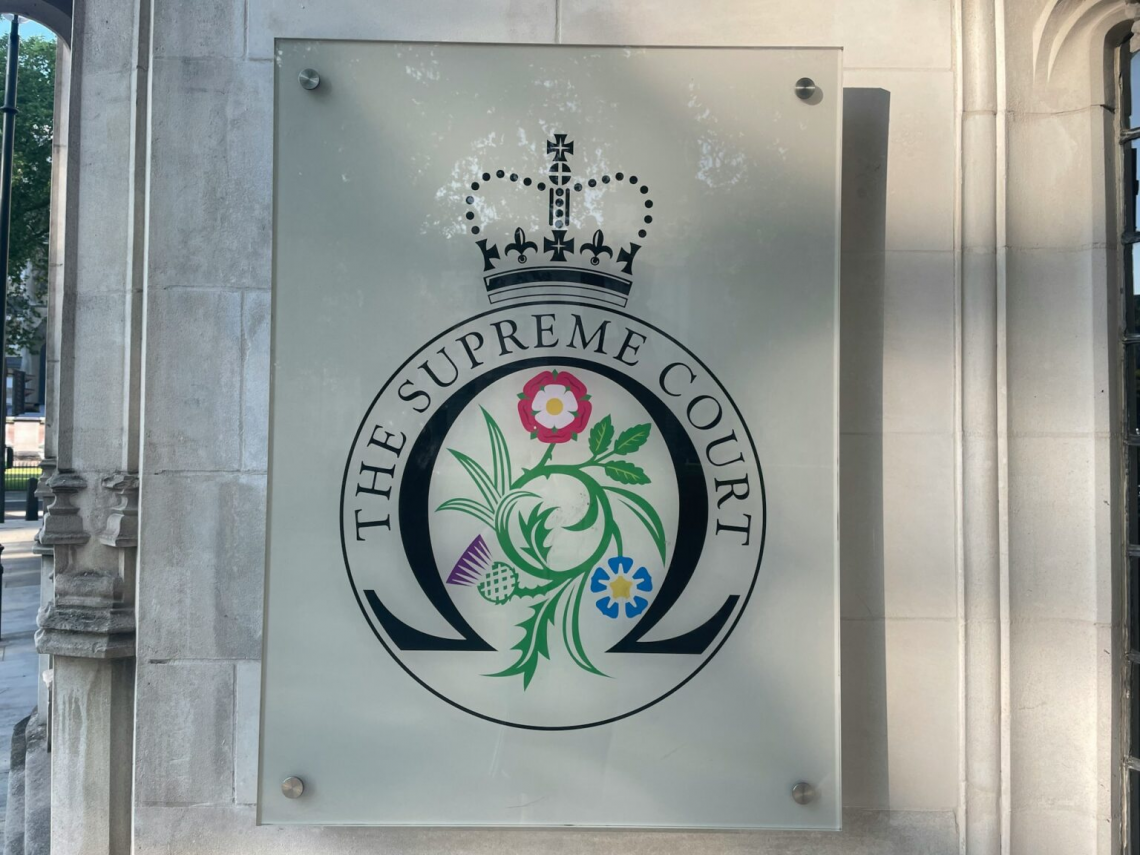
King’s Court: Small Boats, Big Row: How The Supreme Court Ruling Impacts Rishi’s Rwanda Plan
Staff writer Lily Powell gives her verdict on the Supreme Court’s Rwanda Plan ruling and the future for the plan.
The judgment is in and the government’s policy is unlawful.
The Supreme Court unanimously upheld the Court of Appeal’s ruling that the Conservative’s plan to deport asylum seekers to Rwanda breaches human rights. The policy, announced in April 2022, was often referred to as the ‘stop the boats’ plan and sought to send anyone illegally entering the UK to Rwanda to claim asylum there.
The government has already spent over £140m on the scheme, however no one has been sent there as of yet. The initial flight was set to take off in June 2022 but was cancelled just three hours before the flight was scheduled to depart through a rare and late intervention from the European Court of Human Rights (ECtHR). The action of the Strasbourg court to halt the deportation shows “how potentially dangerous” the removal of asylum seekers to Rwanda is.
The Legality, or Lack Thereof
The Supreme Court’s basis for illegality rested on the principle of “non-refoulement” according to both UK and international human rights law. “There is a legal rule that refugees must not be returned to their own countries of origin, either directly or indirectly, if their life or freedom would be threatened in that country”.
This ruling puts a hefty dent in the Illegal Migration Act 2023, which was introduced earlier this year with the aim of stopping people from crossing the English Channel in small boats by detaining and deporting them.
Under its current form, the policy cannot be implemented as it seems that ministers ignored evidence that Rwanda’s asylum system was unfair and arbitrarily breaches human rights. So, where does this leave the Tory’s flagship immigration plan?
Rocking the Boat
Despite the highest court in the UK deeming Rwanda to be an unsafe destination for asylum seekers to be sent, this doesn’t appear to be the end of the story for this government plan. Although popular opposition is suggesting that “the Government should now switch focus to clearing the existing asylum backlog and tackling the severe lack of capacity in the sector to provide asylum and immigration advice needed”, it seems that Sunak has committed to his target of flying asylum seekers to Rwanda by next spring.
While he is not ignoring the ruling, entirely, there are plans for a fast track emergency bill to be introduced in the coming days that will declare Rwanda a safe country for asylum processing, a complete contradiction to the Supreme Court ruling. This would effectively block routes for legal challenge, including under the European Convention on Human Rights (ECHR).
There are also plans for a new international treaty with Rwanda to provide “guarantees in law” that asylum seekers who are deported from the UK would not be returned to their home countries and will be treated properly upon arriving there. Such a treaty is expected to have significant push back from opposition parties, could take more than a year to formalise and then would be subject to challenges in the courts.
Not off the Hook
There’s no denying that all this set back is stirring some discontent amongst those within the Conservative party who are advocating for the UK to withdraw from the European Convention on Human Rights and to repeal parts of the Human Rights Act 1998 so it no longer applies to illegal immigration.
Although sacked earlier this week, former Home Secretary Suella Braverman was never shy in her repeated wish for the UK to leave the ECHR. In her letter to Sunak she claims to have backed his leadership campaign based on a number of conditions, notably to exclude the ECHR’s operation in the new legislation to “stop the boats”.
While he didn’t go as far as discuss leaving the European Convention on Human Rights, Sunak said he would “revisit those international relationships to remove the obstacles in our way” after tweeting that he “will not allow a foreign court like the European Court of Human Rights, to block these flights”.
Former First Secretary of State, Damian Green, says, “anyone who thinks leaving the European Convention on Human Rights is a sensible response to this judgement has not read it. It wouldn’t make any difference”.
It’s true; it is unlikely that we will see the UK leaving the European Convention on Human Rights in response to this judgment given how incredibly rare it is for a country to withdraw from that jurisdiction. However, it feels as if the government is merely postponing a conflict with the ECtHR since a potential new law deeming Rwanda safe doesn’t make it safe in practice and will not prevent further interventions from international courts, unless the UK withdraws from the treaty.
While the future for the government’s Rwanda plan looks hazy, the law is crystal clear. In its current state the policy is illegal and breaches human rights. So, back to the drawing board it is for the Conservative party and Rishi Sunak, who is “absolutely determined” to get the first flight off to Rwanda before the next election. Only time will tell whether this is a policy that will yield results domestically or whether the Conservatives will be shipped out of government by the public.

